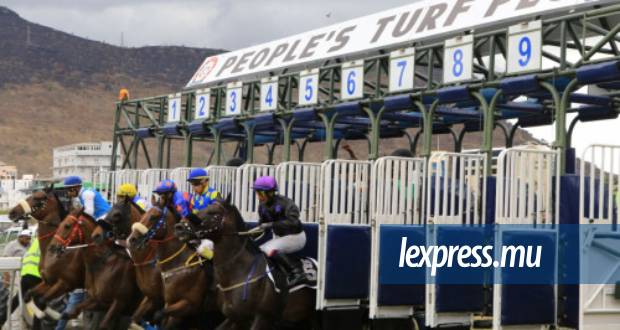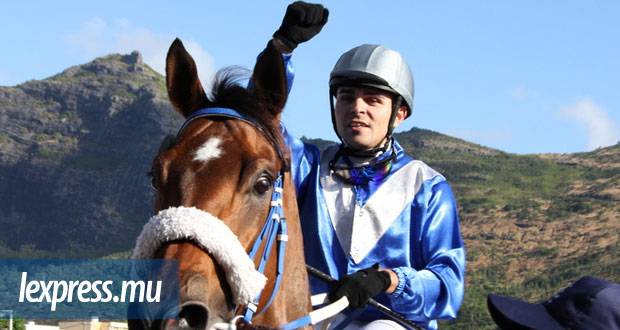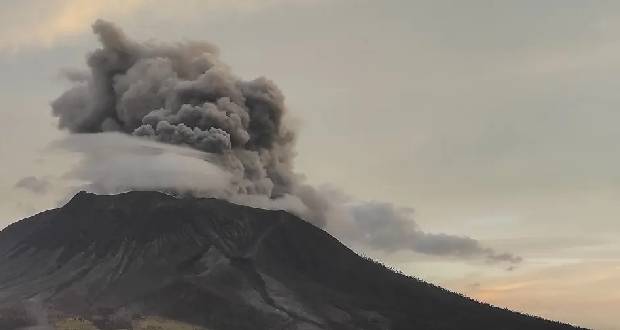Publicité
Save the sugarcane industry
Par
Partager cet article
Save the sugarcane industry

Since two and a half years, due to lack of far sightedness, the Regime has not deemed it fit to prepare a roadmap on the new orientation in the sugarcane industry. With the end of the Cotonou Agreement looming and the ongoing consultations in Brussels for a new Agreement post-2020, it is important to reflect on what might be the future for sugar producers and gauge whether or not the policy makers so far have had a thorough reflection on the sugar or sugar related issues in the new Agreement that will define ACP-EU (African, Caribbean and Pacific countries-European Union) relations after 2020.
The study on current and forecast market developments for ACP sugar suppliers to the EU Market, which was undertaken by Cardno/LMC International and funded by the European Union sets out a comprehensive assessment of the risks for ACP/EBA (Everything but Arms) sugar producers as a result of changes to the EU sugar regime. It contains a series of helpful recommendations aimed at mitigating the impacts of the reform on the ACP sugar sector. The ministry has not given serious thought to the recommendations.
Instead, there has been aggressive encroachment upon prime agricultural land due to fiscal exemptions extended to corporate sector for property development. It goes against a decision taken by the previous government on judicious land use for food security. Besides, sugarcane is a good carbon dioxide cleanser. Planters should be given a special premium for keeping land under sugarcane cultivation.

Outright liberalization
With the outright liberalization of the EU market, elimination of quota in September 2017 was inevitable. The stakeholders in the sugarcane industry, mainly the planters and the workers (seasonal or those on permanent basis), are facing undue hardship. Instead of being proactive in addressing the challenges, the regime has opted for a piecemeal approach. A heavy price to pay for not constantly preparing for the worse and hoping for the best. The ministry of Agro-industry and food security has failed to understand the reality of different case scenarios.
‘‘Since the price of sugar on world market will be below our cost of production over the next three years, the Minister of Agriculture has to come up with short, medium and long term measures to ensure viability of the sector.’’
Lamentable MCIA
The MCIA (Mauritius Cane Industry Authority) has become a lame duck institution due to its poor leadership and, therefore, a weak interlocutor with stakeholders of the industry. The current difficult scenario cannot absolve government and the corporate sector from the undertaking given to workers.
However, compliance to the agreement entered into with the Joint Negotiating Panel (JNP) in 2014 is mandatory. Following which amendment was brought to section 21 of the SIEA (Sugar Industry Efficiency Act) for implementation of the award of 31st July 2015 of the Arbitration Panel regarding seasonal labour in the sugar industry.
Rescue package
Since the price of sugar on world market will be below our cost of production over the next three years, the Minister of Agriculture has to come up with short, medium and long term measures to ensure viability of the sector. Drawing money from the Sugar Insurance Fund Board (SIFB) should neither be a finality nor a fatality. However, it shows that government has been unable to consolidate the sector with new incentives. The problem in the sugar industry is multi factorial and the Regime has an obligation to explain to planters whether revenue from a standing cane is apportioned equitably. If not, why not? Will government use off-budget expenditures (grants or Indian line of credit) to come up with a rescue package to bail out the planters?
In the past, accompanying measures disbursed by EU had been used to restructure the sector and turn it into a sugarcane industry. Key performance indicators were met. However, since early 2015, the sector has been declining due to lack of vision.
Where is the flagship?
From the initial export of raw sugar under the Sugar Protocol to manufacturing of refined sugar after the demise of the Protocol, the future lies in the third generation of manufacturing - on time delivery and ready to be on the shelf with an exclusive Mauritian label. Value addition of originating and non-originating sugar is imperative. No sector can survive without R&D.
The MSIRI (Mauritius Sugarcane Industry Research Institute) WAS ONCE THE FLAGSHIP OF THE INDUSTRY and was allocated the lion’s share of funding from EU to support sugar industry in ACP countries. Unfortunately, it has lost its pole position and is no longer a research centre of repute as it used to be under late Robert Antoine and others. After all, the Brazilians learned to master the best practices of sugar manufacturing from Mauritian expertise. Maurice Paturau, an eminent scientific, was Commerce Minister in SSR government prior to Independence and could discourse lengthily on the potential of sugarcane and its by-products.
Standing cane and its by-products
Of course, sugar is not only an end product but sugar and the cane are a by-product. Nothing is left behind of the standing cane. Bagasse and thrash are sources of renewable energy. Let us therefore not drown our sorrow on cane juice rum but rather enjoy our much sought-after rum, provided the interests of all stakeholders are taken on board. Widening the circle of opportunities for the planters and workers through the democratization process should not be stalled.
No free lunch
Had it not been for the ongoing reform in the sector, the proceeds obtained from the sale of sugar under the Sugar Protocol would never have been used to widen our economic base. No one should be left behind and no one owes us a living. The days of free lunch are over. Our survival instincts lie upon our entrepreneurial skills to be more creative and innovative. Our reputation as a force to be reckoned with in the sector has enabled us to cross borders, an initiative lauded by our African friends and partners.
History has taught us that the sugar industry is one of sweat, tears and blood.
Strategic team
It is high time to set up a strategic team to ensure viability of the sector. We have to ward off threats, not only from sugar producing countries which have economies of scale like Brazil, Thailand, India, EU, but also from oil and other fossil producing nations whose output or excess production make renewable energy less attractive. As signatory to COP21 we have obligations to safeguard the one and only planet earth.
Publicité
Les plus récents






